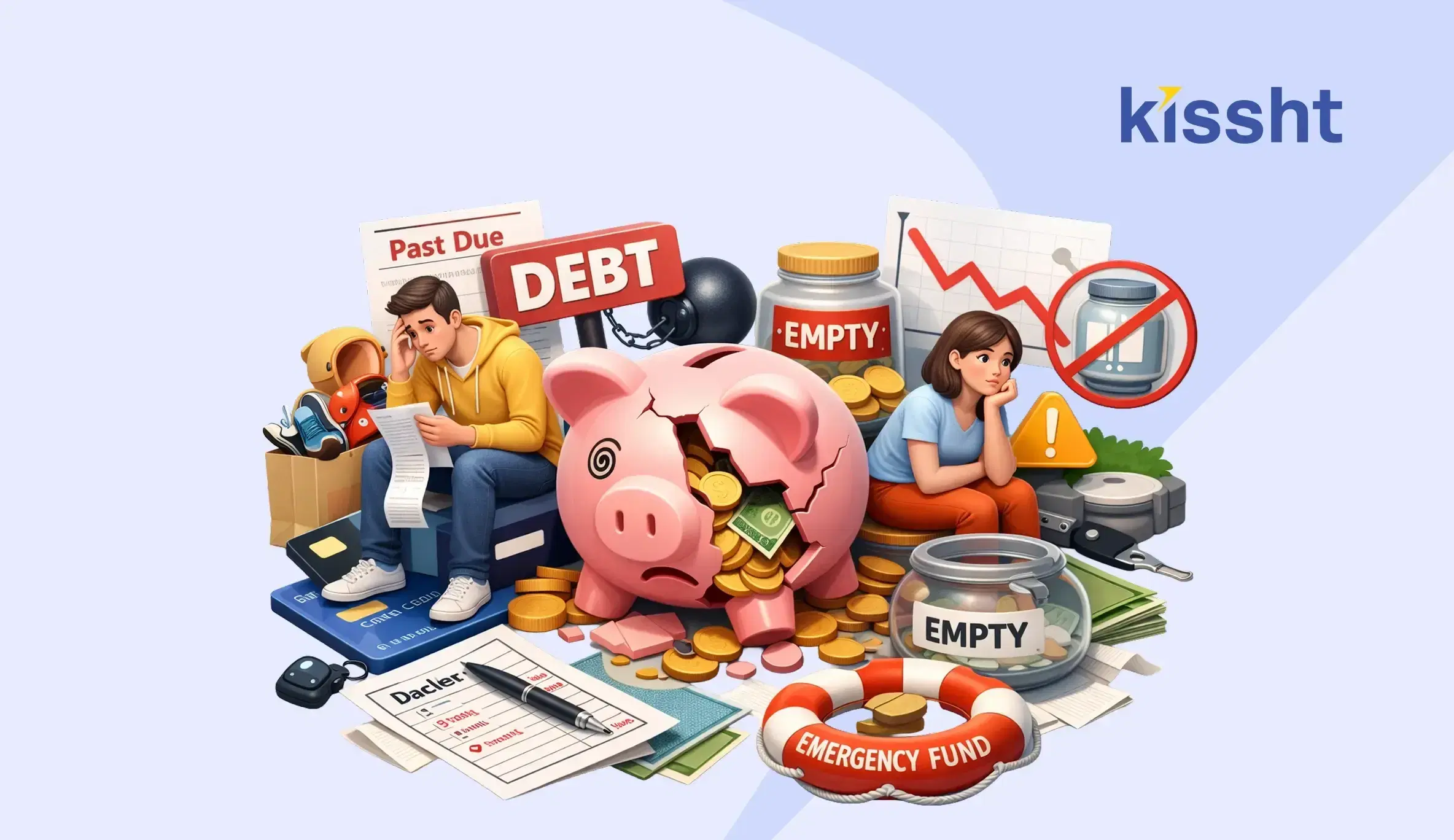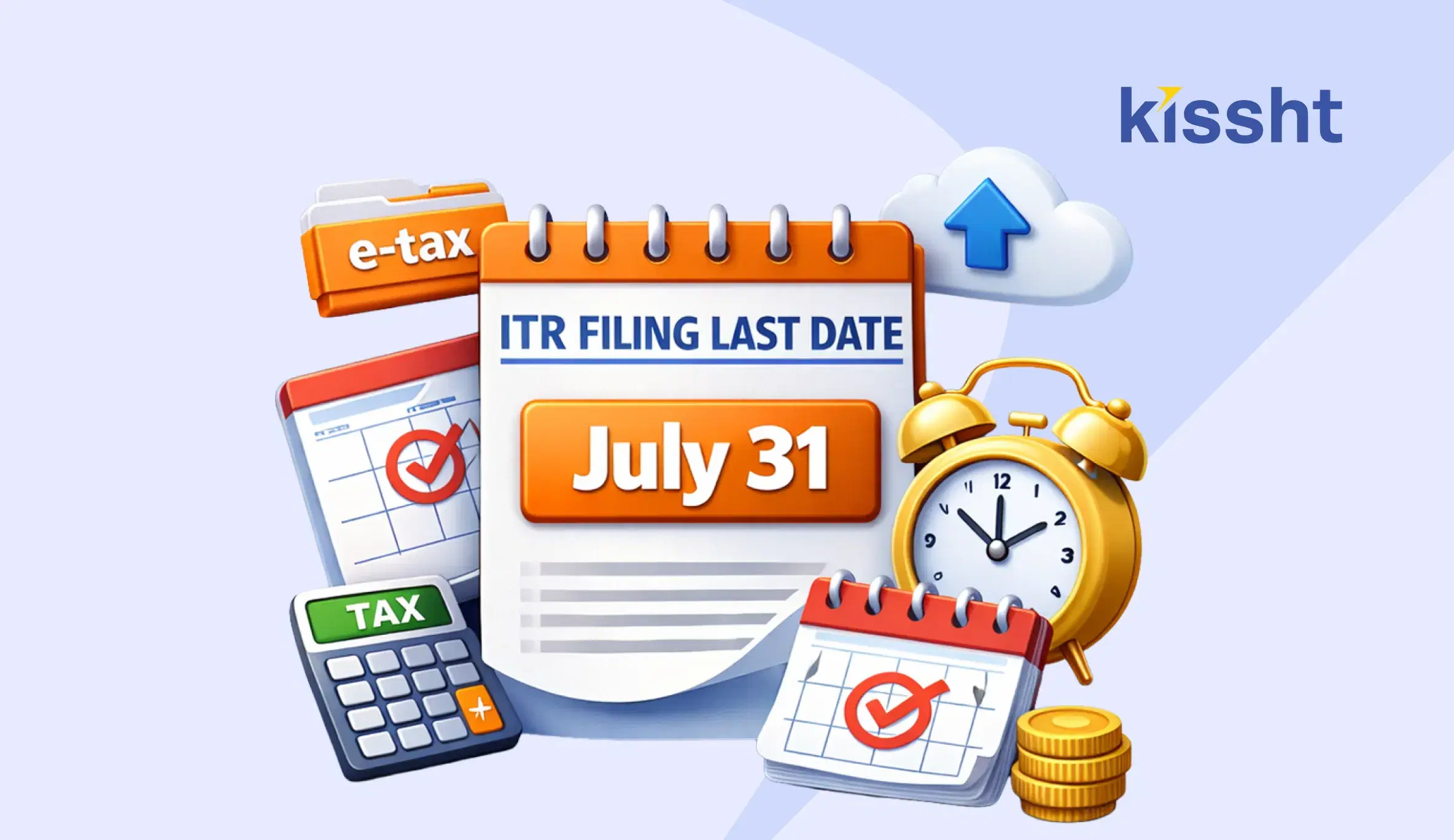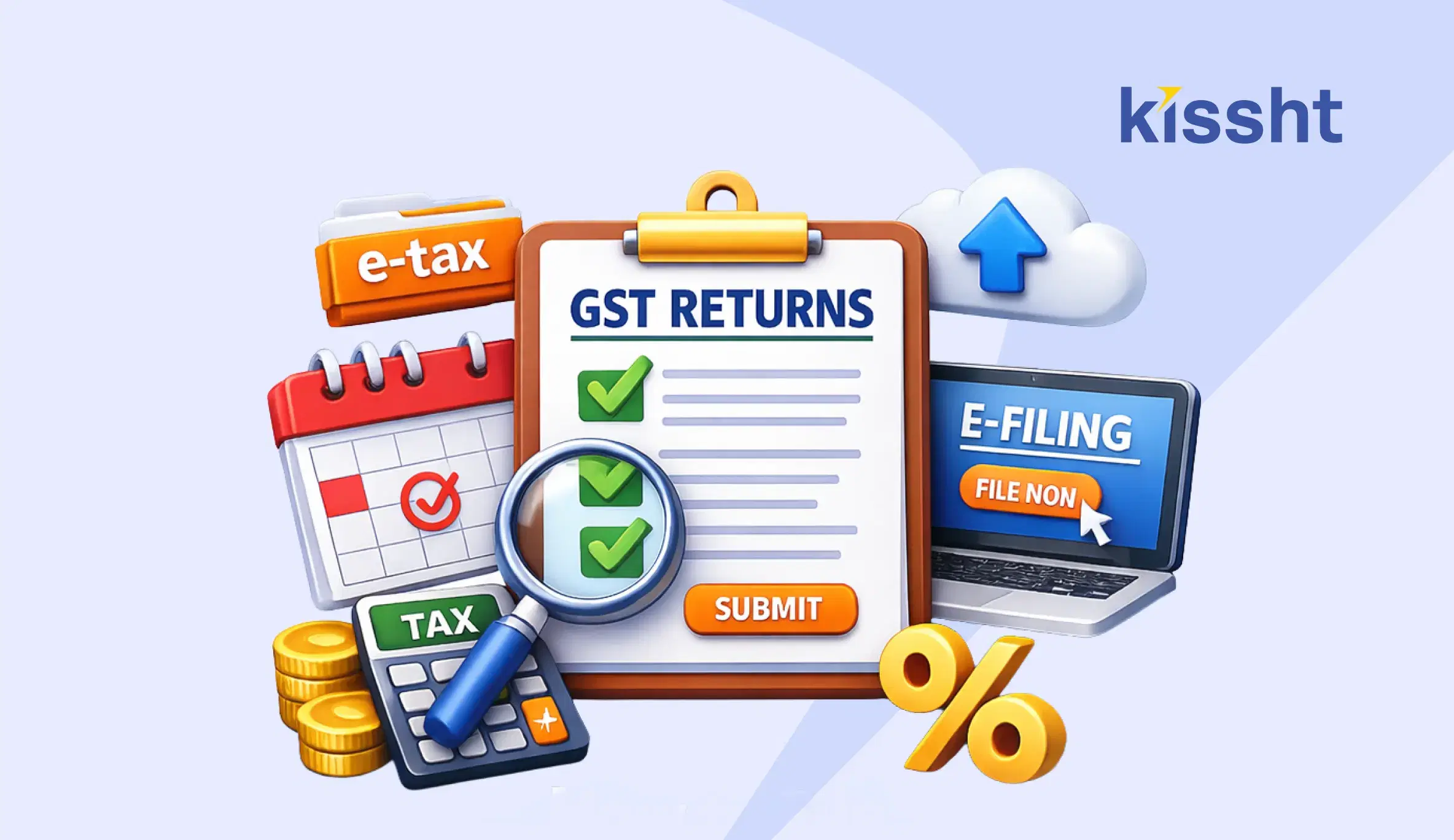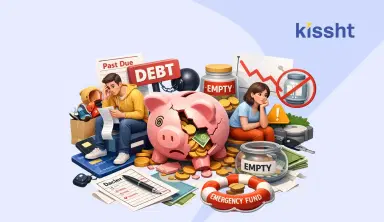How Can You Master Your Money? Exploring Smart Financial Choices

Have you ever wondered how to master your money and achieve financial freedom? As we delve into RBI Financial Literacy Week, it's time to unlock the secrets of smart financial choices that pave the way to prosperity. In this blog, we'll explore practical tips and insights to help you navigate your financial journey with confidence, including the importance of smart lending in building a solid financial foundation.
Make Strategic Choices
What does it mean to make smart financial decisions? It's about more than just budgeting and saving – it's about making strategic choices that align with your long-term goals and values. Start by mastering the basics of budgeting to understand where your money is going each month. Then, explore advanced techniques like goal-based budgeting and zero-based budgeting to take your financial planning to the next level.
- Goal-Based Budgeting You start by setting clear objectives, then assign funds to each goal, ensuring every rupee has a purpose. This approach helps prioritize spending and keeps you focused on achieving your goals.
- Zero-Based Budgeting Unlike traditional budgeting, where there may be leftover funds, zero-based budgeting requires you to allocate all income to expenses or savings goals. It helps track spending closely, identify unnecessary expenses, and ensure every rupee is used purposefully.
Smart Lending
One often overlooked aspect of smart financial management is smart lending. Whether it's taking out a loan for a home, car, or education, understanding how to borrow wisely can make all the difference in your financial future. Tip 1: Know Your Options: Explore different lending options and compare interest rates, terms, and fees to find the best fit for your needs. Tip 2: Borrow Responsibly: Only borrow what you need and can afford to repay, taking into account your income, expenses, and long-term financial goals. Tip 3: Read the Fine Print: Before signing any loan agreement, carefully review the terms and conditions to ensure you understand the terms, including interest rates, repayment schedules, and any potential fees or penalties.
Your Money, Your Future
Ultimately, mastering your money is about taking control of your financial future and making choices that empower you to achieve your goals. By making smart financial decisions, you can build a solid foundation for a brighter tomorrow.
As we celebrate Financial Literacy Week, take the time to reflect on your financial choices and consider how you can make smarter decisions to achieve your goals. Whether it's mastering budgeting basics, exploring smart lending options, or embracing financial empowerment, every step you take brings you closer to mastering your money and achieving financial freedom. So, how can you master your money? The journey starts with you.

Instant Loans at Your Fingertips
Personal Loan
Fast, hassle-free loan for your personal needs.

Business Loan
Fuel your business growth with quick approvals.

Loan Against Property
Unlock your property’s value with ease.

Credit Pulse
Boost your credit score with smart insights.

Track your credit score
Simply enter your mobile number to get a quick overview of your credit score.
Check Now
Related articles

Feb 2, 2026
Common Financial Mistakes People Make in Their 20s & 30s

Jan 29, 2026
ITR Filing Last Date for AY 2026-27 (FY 2025-26)

Jan 28, 2026
How to File GST Returns Online: Step-by-Step Process for Taxpayers

Feb 02 ,2026
Union Budget India 2026: Smt. Nirmala Sitharaman Budget Highlights

Jan 24, 2026
How to Download Masked Aadhaar Online

Jan 25, 2026
Best AI Courses Online in 2026: Top Artificial Intelligence Certifications

Jan 29, 2026
How to Check Driver’s License Status Online

Jan 29, 2026
How to Do Aadhaar Card Address Change Online - Step-by-Step Process

Jan 28, 2026
How to Renew Driving Licence Online 2026: Complete Step-by-Step Process

Jan 27, 2026
PM Surya Ghar Scheme: Apply Online, Eligibility & Subsidy Benefits

Jan 29, 2026
Upcoming Concerts in Mumbai 2026: Full List, Dates, Venues & Dates

Jan 27, 2026
